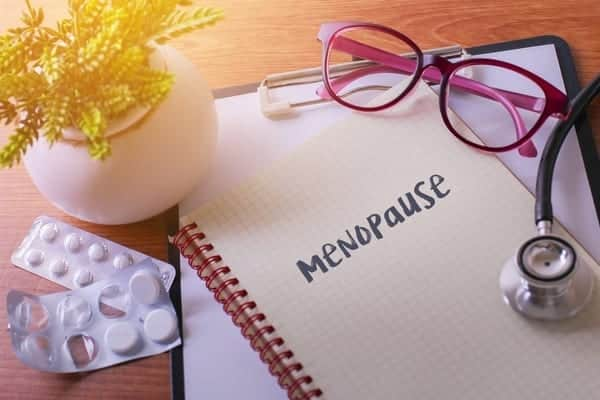These are the common signs and symptoms of menopause and early menopause


The menopause occurs when a woman stops having periods and it’s a natural part of ageing.
But what are the common signs and symptoms of menopause and what age does it usually happen?
Advertisement
Hide AdAdvertisement
Hide AdWhat is the menopause and what age does it usually happen?


The menopause is when a woman stops having periods and is no longer able to get pregnant naturally.
Periods usually start to become less frequent over a few months or years before stopping altogether. However, sometimes they can stop suddenly.
Menopause usually occurs between the ages of 45 and 55, as a woman's oestrogen levels decline.
According to the NHS, in the UK the average age for a woman to reach the menopause is 51.
Advertisement
Hide AdAdvertisement
Hide Ad“Most women will experience menopausal symptoms. Some of these can be quite severe and have a significant impact on your everyday activities,” notes the NHS.
Symptoms of menopause
The NHS notes that common symptoms of menopause include:
hot flushesnight sweatsvaginal dryness and discomfort during sexdifficulty sleepinglow mood or anxietyreduced sex drive (libido)problems with memory and concentration
“Menopausal symptoms can begin months or even years before your periods stop and last around 4 years after your last period, although some women experience them for much longer,” adds the NHS.
Menopause usually occurs between the ages of 45 and 55, as a woman's oestrogen levels decline (Photo: Shutterstock)
Advertisement
Hide AdAdvertisement
Hide AdEarly menopause
Around 1 in 100 women experience the menopause before 40 years of age, which is known as premature menopause.
“Early menopause happens when a woman's periods stop before the age of 45. It can happen naturally, or as a side effect of some treatments,” the NHS said.
“If you're under 45 and have noticed your periods becoming infrequent or stopping altogether, you should speak to your GP.”
When should I see my GP?
If you have any menopausal symptoms that are troubling you or if you're experiencing symptoms of the menopause before the age of 45, it's worth talking to your GP.
Advertisement
Hide AdAdvertisement
Hide Ad“Your GP can usually confirm whether you are menopausal based on your symptoms, but a blood test to measure your hormone levels may be carried out if you're under 45,” notes the NHS.
Treatment for menopausal symptoms
The NHS explains that your GP can offer treatments and suggest lifestyle changes if you have severe menopausal symptoms that interfere with your day-to-day life, including:
hormone replacement therapy (HRT) – tablets, skin patches, gels and implants that relieve menopausal symptoms by replacing oestrogenvaginal oestrogen creams, lubricants or moisturisers for vaginal drynesscognitive behavioural therapy (CBT) – a type of talking therapy that can help with low mood and anxietyeating a healthy, balanced diet and exercising regularly – maintaining a healthy weight and staying fit and strong can improve some menopausal symptoms
“Your GP may refer you to a menopause specialist if your symptoms don't improve after trying treatment or if you're unable to take HRT,” adds the NHS.
This article originally appeared on our sister site, Yorkshire Evening Post.